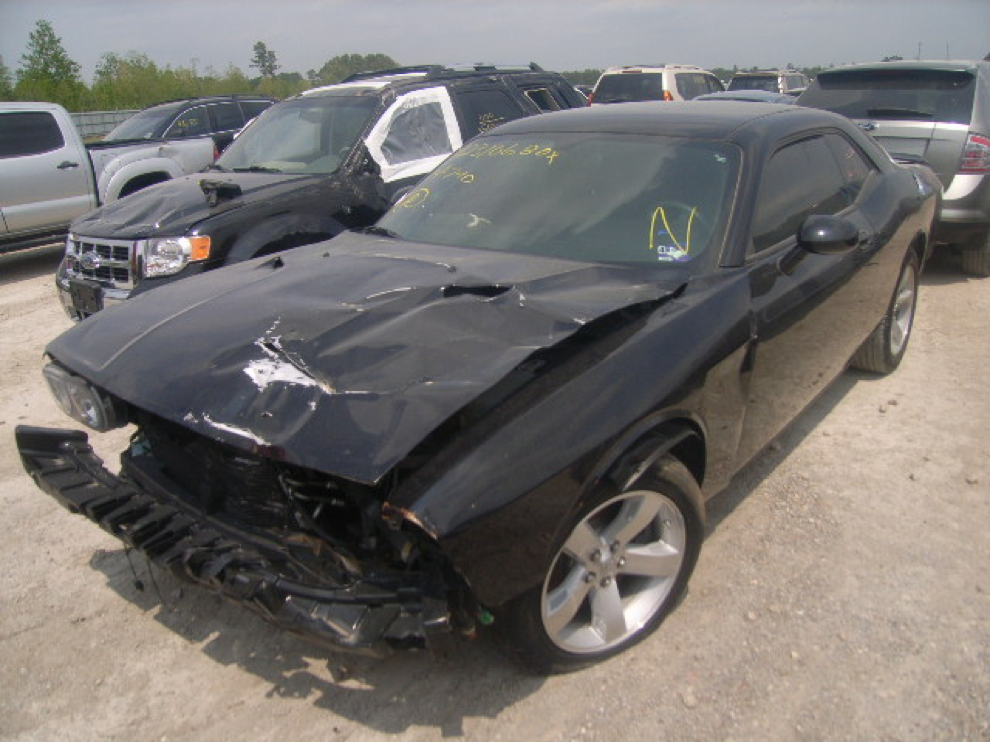One of the most serious type of auto fraud is the concealment of a vehicle's salvage history. A “salvage” vehicle means one that was declared a total loss by an insurance company, often because of a serious accident or collision. It is believed that millions of salvage vehicles are patched up and sold to unsuspecting consumers each year.
How Does a Dealer Get Away With Selling a Salvage Vehicle?
The only way to profitably sell a salvage vehicle is to conceal its wreck history from the buyer. A dealer can buy a salvage car for less than wholesale price, make cosmetic repairs, and sell the vehicle to an unsuspecting buyer as a clean vehicle at full retail price. For example:
As long as the dealer conceals the wreck history from the buyer, trafficking in salvage vehicles can be a profitable practice for a shady used car dealer.
Why Should I Care if I Bought a Salvage Car?
There are three main reasons.
Most importantly, it’s possible that a salvage vehicle could be unsafe to drive. A serious collision can result in frame or structural problems. Once a car's structure is compromised, it may not be possible to restore its original integrity. This can pose serious safety risks if the vehicle is ever in another accident. The damaged frame will probably not perform as the manufacturer intended it to, which can expose passengers to significant injuries or even death.
Second, even if the vehicle isn’t unsafe, you almost certainly overpaid for it. A vehicle with a salvage history will almost always be worth less than a clean vehicle. The reason is simple: most people won't buy a vehicle with an accident history, and they definitely won't pay clean retail price for it. Depending on the circumstances, a salvage history may diminish a vehicle's value by over fifty percent.
Third, you’ll never be able to trade in a salvage vehicle. One of the first things a dealer does when evaluating a trade-in is pull a CarFax report. If the report shows a salvage history, the dealer is sure to pass on your trade.
I Think My Vehicle is Salvage. How Do I Know For Sure?
Here are a few tips for learning whether your car was previously in an accident:
Get a vehicle history report from Carfax. These reports have alerts if there’s an accident in the vehicle’s history.
Request a title history from the Department of Motor Vehicles. Depending on how far the title history goes back, it may reveal a salvage history.
Get it inspected by a body shop. Tell the body shop that you suspect that the vehicle has been in an accident and that you want them to examine it to confirm. If the inspection reveals a prior accident, ask them whether there is any structural damage or safety concerns. Also ask whether the signs of the accident would have been apparent to a knowledgeable car dealer. And be sure to get an estimate for any recommended repairs.
Selling a Salvage Vehicle Has to Be Illegal, Right?
Not necessarily, at least in Minnesota. Generally, there are four scenarios that can give rise to legal claims under Minnesota law:
If the vehicle title has a salvage “brand” or stamp and the dealer doesn’t tell you;
If the vehicle is not roadworthy at the time of sale due to a safety issue.
If the dealer knows the vehicle has been in an accident and lies to you when you ask about it;
If the dealer knows that the vehicle has suffered damage in excess of 70% of its cash value and doesn’t tell you;
There is quite a bit of nuance to all of these scenarios and a detailed legal analysis is necessary to determine whether the dealer broke the law in your case.
Just learned you bought a salvage vehicle?
Get a consult with auto fraud attorney Todd Murray.
Since 2009, Todd has been helping Minnesotans combat fraudulent auto sales by used car dealers. His work has returned hundreds of thousands of dollars to his clients’ pockets and has improved the legal protections for used car buyers throughout the state. Todd’s clients have described him as “very professional and easy to work with.” He lives in Minneapolis with his wife and four children.



